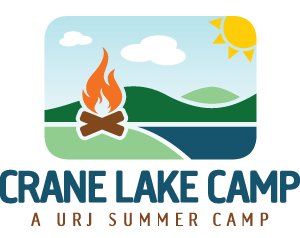By, Susan Morrel, Faculty
I remember, so clearly, the conversation with my daughter during our drive home after the last day of Crane Lake Camp (CLC). It was the end of her Olim year, the summer before she entered 10th grade. She slumped in the car, teary eyed after saying good-bye to her camp friends at the end of another incredible summer. I knew better than to try pulling her out of her sadness with my motherly words of wisdom (but oh, how I wanted to!). I let the silence speak as the distance between us and Crane Lake Camp grew wider. Shaina felt this liminal moment between the end of camp and the beginning of school just a few short days away and began to talk. It went something like this.
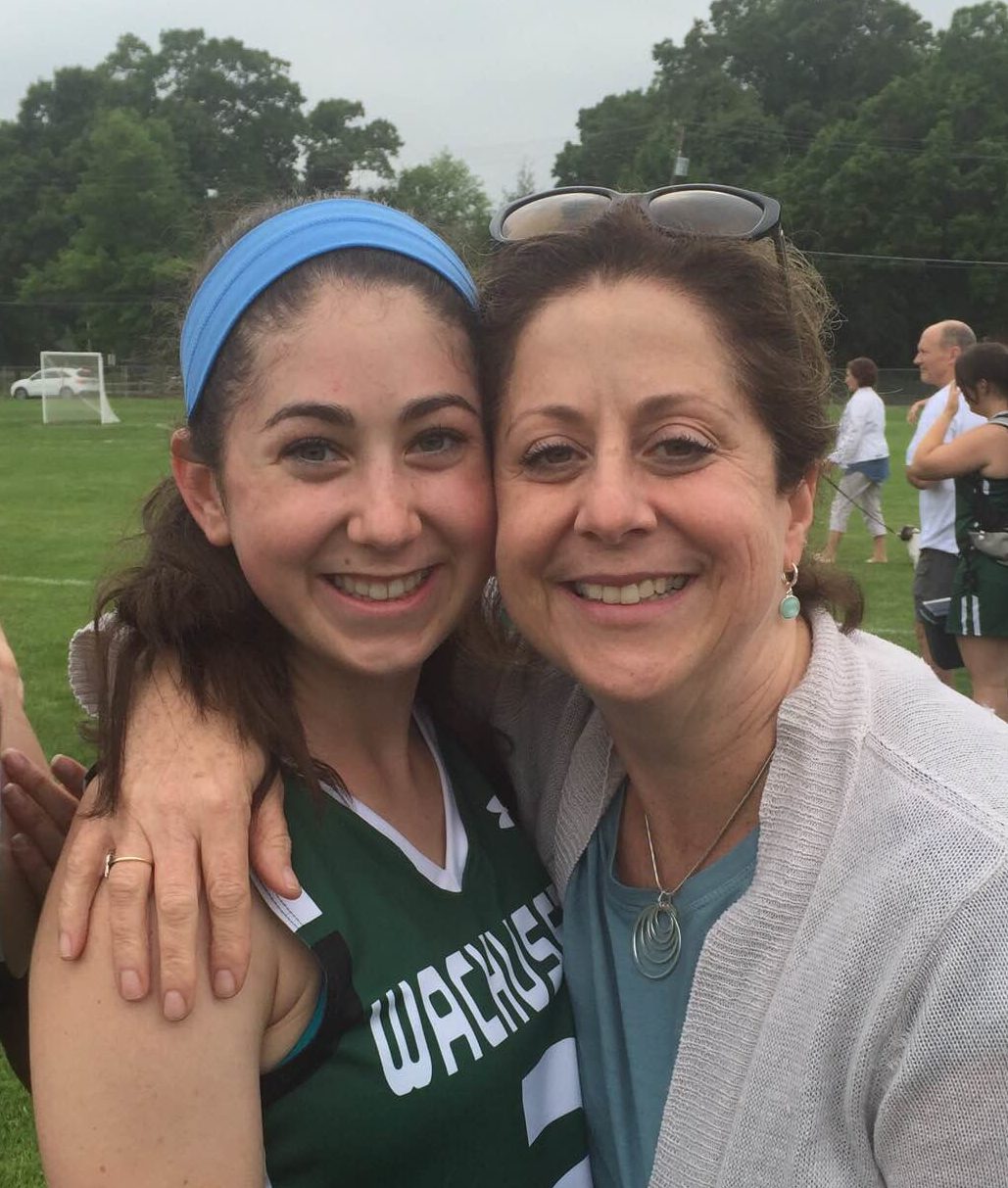 “Mom, I really don’t want to go back to school. I love my friends there and I like school, but it’s just different than camp. At camp, I don’t worry about how I look or what I am wearing. Nobody there cares about things like that. I just get to be me. I can walk around camp holding hands with my friends and nobody thinks it’s weird. And at camp we talk about things that really matter in life and people listen to each other. I just can’t describe the feeling Mom. It’s just different. I know Crane Lake Camp is a “bubble” and it’s not realistic to think that school will be the same, but it’s so hard to go back.”
“Mom, I really don’t want to go back to school. I love my friends there and I like school, but it’s just different than camp. At camp, I don’t worry about how I look or what I am wearing. Nobody there cares about things like that. I just get to be me. I can walk around camp holding hands with my friends and nobody thinks it’s weird. And at camp we talk about things that really matter in life and people listen to each other. I just can’t describe the feeling Mom. It’s just different. I know Crane Lake Camp is a “bubble” and it’s not realistic to think that school will be the same, but it’s so hard to go back.”
After 7 years of being on faculty at Crane Lake Camp (not to mention being the mother of 4), you might think I would know exactly what to say to Shaina. I wanted to tell her that maybe she would feel differently after a few days. Or maybe tell her that there is a big difference between camp and school, no homework, no responsibilities, just fun. But I just listened. I understood why Shaina felt different at camp – she felt a sense of shalom.
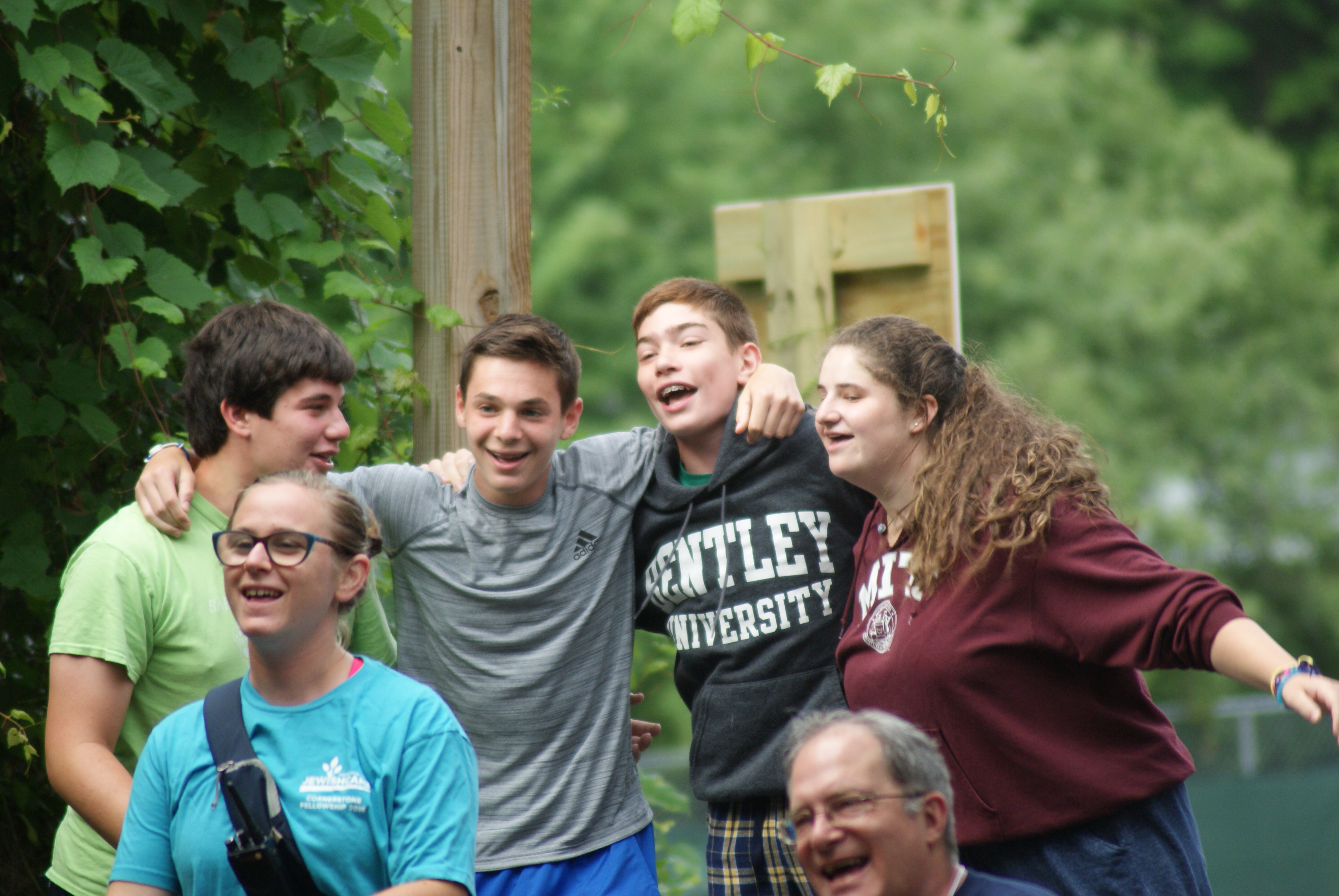 Shalom, like many Hebrew words, has more than one meaning. Shalom means peace, as in the peace between two individuals or groups. But shalom is so much more than just the absence of conflict or strife. The word shalom is derived from the root meaning completeness, wholeness, or well-being and encompasses all that is needed for us to feel complete and whole. There are many ways to understand shalom. Some of us approach shalom from an inward place of completeness and wholeness, a calmness we strive toward personally, listening to music, meditating, journaling, engaging in physical activities. Others of us approach shalom in our work toward peace in our community and the world. We may rally and advocate for causes and issues we care about, such as ending hunger or finding a cure for a disease.
Shalom, like many Hebrew words, has more than one meaning. Shalom means peace, as in the peace between two individuals or groups. But shalom is so much more than just the absence of conflict or strife. The word shalom is derived from the root meaning completeness, wholeness, or well-being and encompasses all that is needed for us to feel complete and whole. There are many ways to understand shalom. Some of us approach shalom from an inward place of completeness and wholeness, a calmness we strive toward personally, listening to music, meditating, journaling, engaging in physical activities. Others of us approach shalom in our work toward peace in our community and the world. We may rally and advocate for causes and issues we care about, such as ending hunger or finding a cure for a disease.
Take a look around Crane Lake Camp on any day of the week and you will witness many moments of shalom…moments that help to create and support a sense of completeness, within individuals, and extending out to others and the world around us.
Here is a snapshot of moments of shalom I observed from just one day at camp this summer:
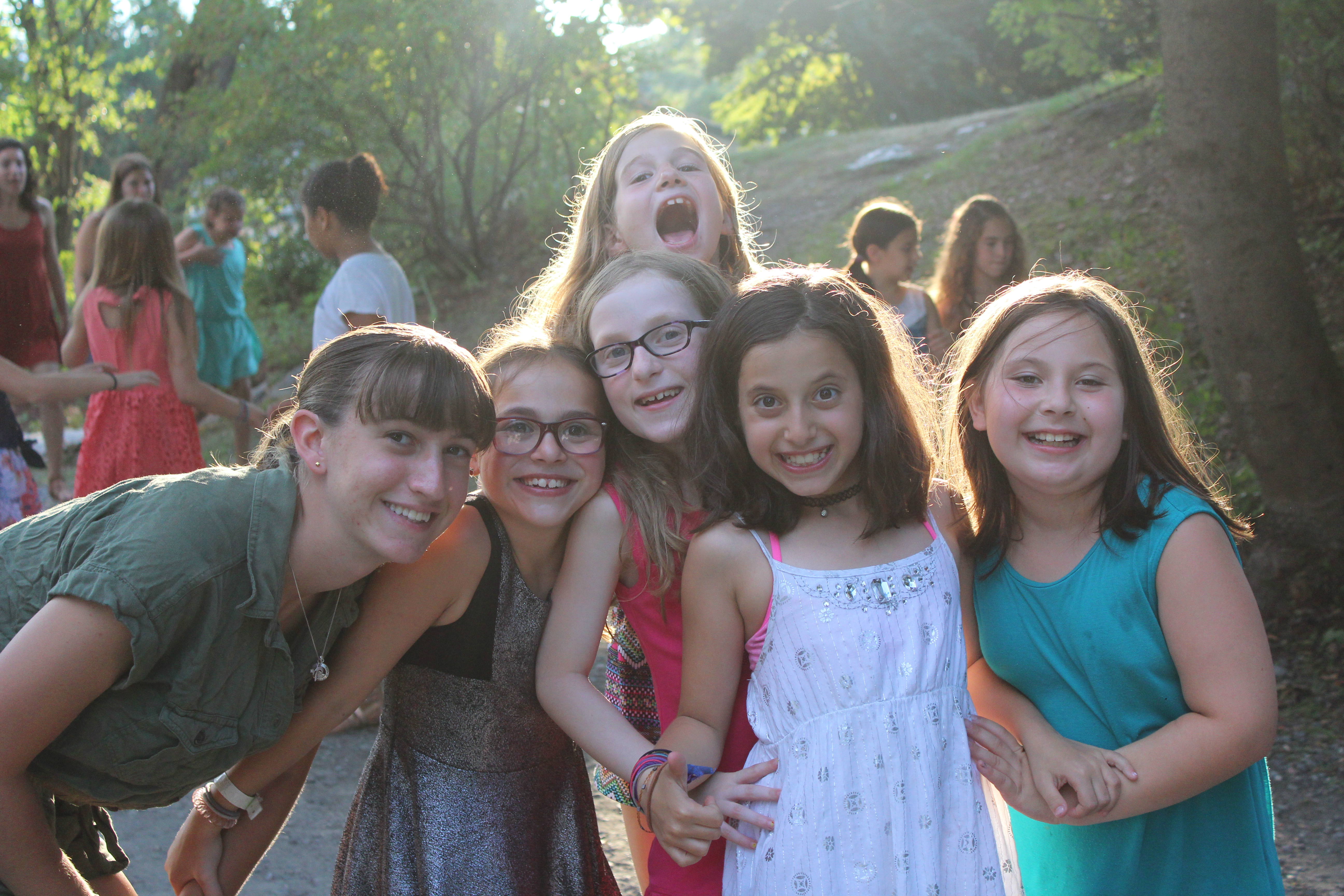 Several groups of campers head off to their next activity, their arms around each other, holding hands, and/or giving one another piggy-back rides.
Several groups of campers head off to their next activity, their arms around each other, holding hands, and/or giving one another piggy-back rides. - The 8th, 9th, and 10th graders discuss what makes a “good” disagreement. They brainstorm a list of what is required in a productive disagreement: listening, understanding, patience, knowledge, empathy, kindness and modesty.
- A group of Olim campers are compelled to rush down to the front of the outdoor sanctuary during morning t’filah (prayer), arms around one another,
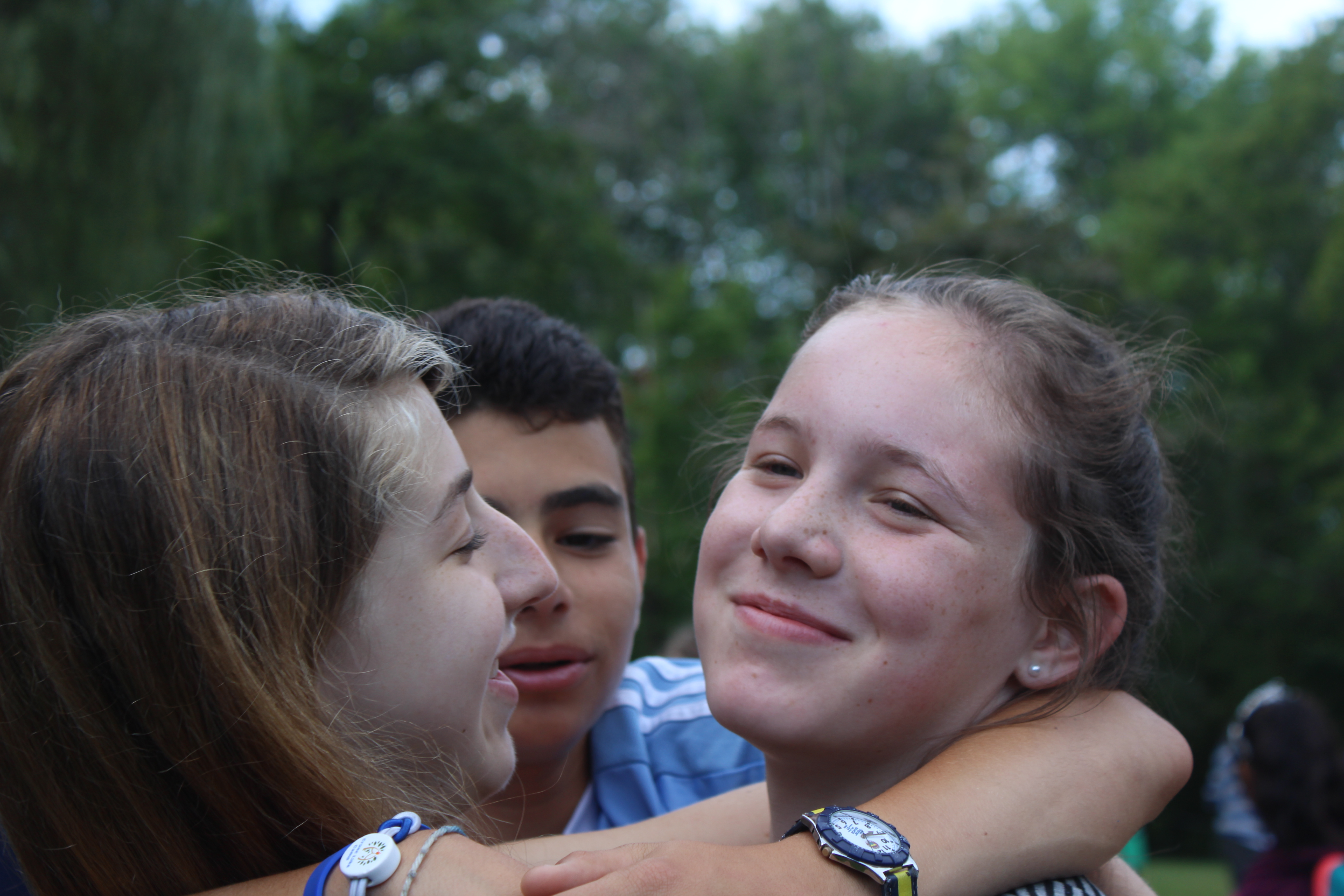 passionately engaged in singing and swaying.
passionately engaged in singing and swaying. - Dan, a guest speaker from the West Stockbridge Community Garden, speaks to Nitzanim campers about what he and others are doing to alleviate hunger in our own local camp community.
- A young camper describes to me one way she feels a sense of ruach (spirit). She describes moving from playing “Gaga” during one period, straight to swimming the next period: “It’s loud and crazy we’re all running around in the Gaga pit. Then I jump into the pool and it’s like “aaaaahhhhh, this is great.”
- A
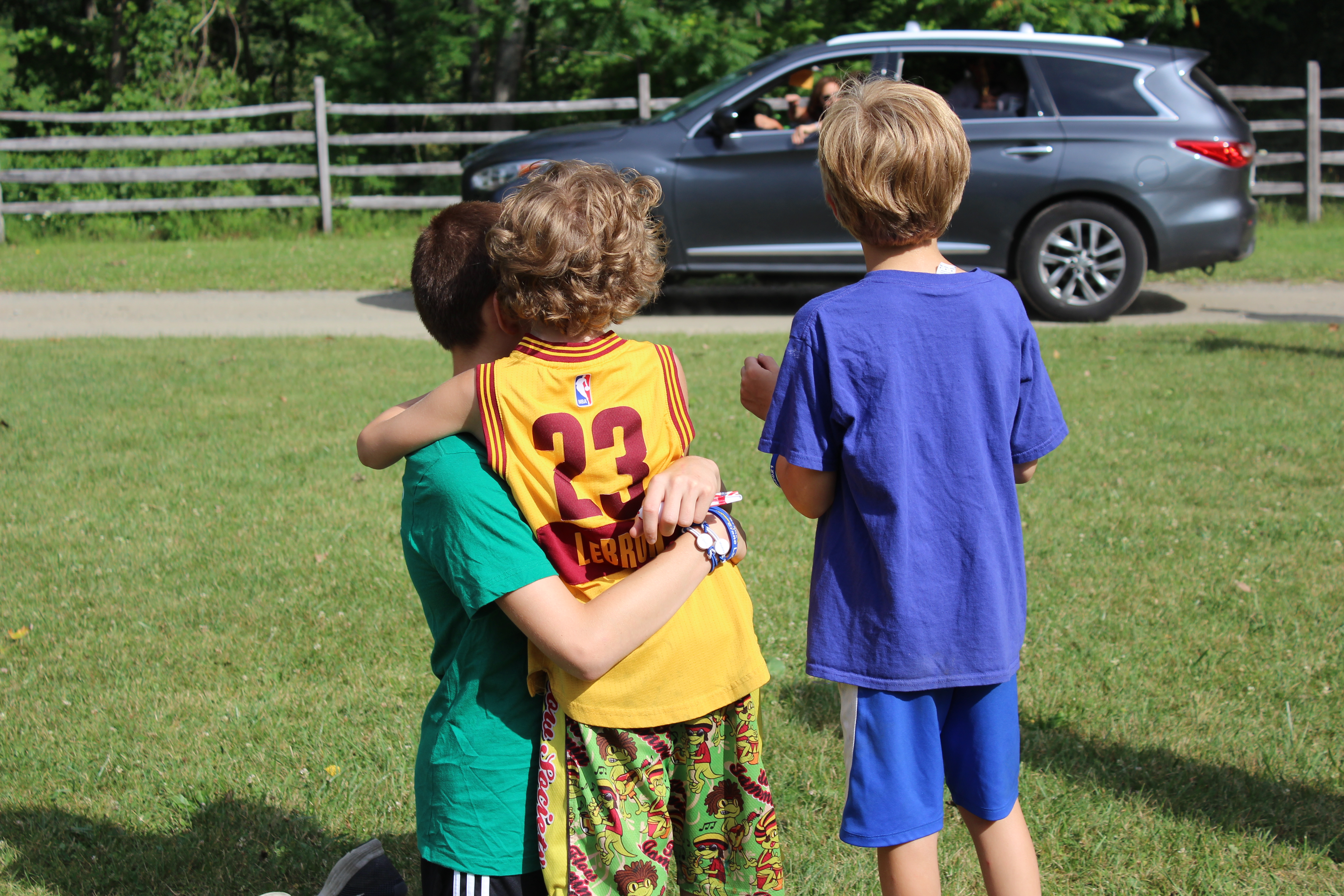 t services, Rabbi Erica speaks about making the world a better place through social justice. She describes how impossible it is to have completeness/wholeness while the world is still broken.
t services, Rabbi Erica speaks about making the world a better place through social justice. She describes how impossible it is to have completeness/wholeness while the world is still broken. - Upper Bonim campers write creative prayer interpretations on what it means to be on a journey together as a community.
What could I have said to Shaina on that ride home? Perhaps listening was the best response. Perhaps I could have explained that I understood the sense of wholeness she felt at camp. Or that she’s lucky to experience that kind of peace within herself and in her surroundings, and now that she has sensed it, she can strive to find ways to pursue shalom within herself, her community and the world, wherever she is – at school, home, and throughout her life. I am so grateful to Crane Lake Camp for creating an environment that builds, supports, and loves shalom, for inspiring our children to think about what it means to feel whole and complete, and for encouraging our children to seek out and pursue shalom in other spaces in their lives.
Susan Morrel has been on faculty at CLC for 7 years and she has 4 kids who have been campers here as well! She’s been a Jewish educator for 23 years, and recently completed her tenure as the Director of Education at Beth El Temple Center in Belmont, MA.
